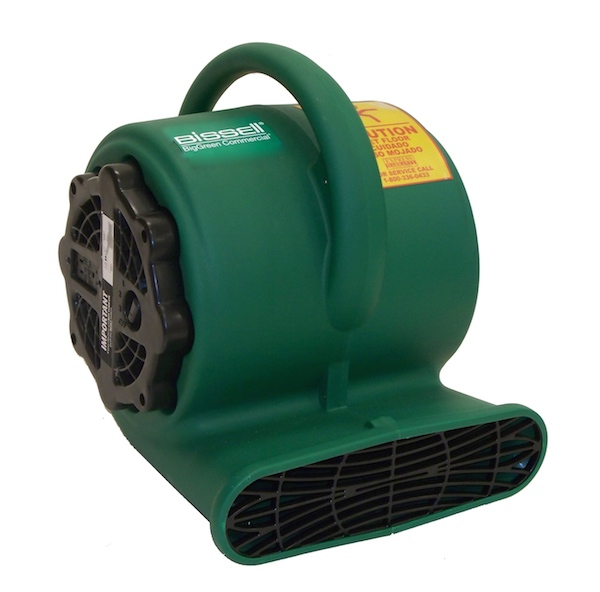The hospitality industry constantly seeks new ways to enhance efficiency and elevate guest satisfaction. One of the most exciting developments in recent years has been the introduction of robotic vacuum cleaners. These devices, already popular in residential settings, are now finding their way into hotels. However, the question remains: are robotic vacuum cleaners good for hotels? Let’s explore their advantages and challenges to determine whether these autonomous machines are the right fit for the hospitality sector.
Benefits of Robotic Vacuum Cleaners for Hotels
Increased Operational Efficiency
Robotic vacuum cleaners can operate independently, freeing up time for housekeeping staff to focus on more complex cleaning tasks. This added efficiency can help hotels optimize their cleaning schedules and ensure that all areas are attended to without stretching the team too thin.
Consistent Performance and Cleanliness
With advanced sensors and smart navigation systems, robotic vacuums can provide consistent cleaning performance. They are designed to detect dirt and obstacles, ensuring they cover all areas evenly. This consistency is crucial for high-traffic areas like lobbies and hallways, which require constant upkeep to maintain cleanliness.
Reduction in Labor Costs
Although the initial investment for robotic vacuum cleaners can be higher, their ability to work autonomously can lead to significant labor cost savings over time. Hotels can allocate housekeeping resources more efficiently, reducing the need for extensive manual cleaning in certain areas.
Quiet Operation for Guest Comfort
Many robotic vacuum models are engineered to operate quietly, making them ideal for use during guest hours. They can discreetly clean hallways, meeting rooms, or other common areas without disturbing guests, contributing to a more pleasant environment.
Challenges of Using Robotic Vacuum Cleaners in Hotels
Limited Capacity and Cleaning Power
Robotic vacuums may not be suitable for all cleaning tasks due to their limited suction power and capacity. They work well for surface cleaning, but they might not be as effective for deep cleaning carpets or handling large debris. Hotels may need to supplement robotic vacuum cleaners with traditional vacuuming equipment for more thorough cleaning.
Navigation Limitations
Despite having smart navigation systems, robotic vacuums can still encounter issues in complex or crowded environments. Hotel rooms with irregular layouts or numerous obstacles may require human intervention to achieve complete cleanliness.
Maintenance Requirements
Robotic vacuum cleaners need regular maintenance, including emptying dustbins, cleaning sensors, and replacing brushes. This upkeep can be time-consuming and might add an extra layer of responsibility to the housekeeping team.
Ideal Scenarios for Using Robotic Vacuum Cleaners in Hotels
Hallways and Corridors: These areas are often spacious and receive high foot traffic, making them ideal for robotic vacuum operation.
Lobbies and Common Areas: Robotic vacuums can keep these high-visibility areas spotless and ready for guest arrivals throughout the day.
Banquet Halls and Meeting Rooms: After events, robotic vacuums can perform initial cleaning, preparing the space for more detailed manual cleaning later.
The Future of Robotic Vacuum Cleaners in Hospitality
As technology advances, robotic vacuum cleaners are becoming more sophisticated, with improved navigation algorithms, voice command capabilities, and even self-emptying features. The future may see increased use of robotics in hospitality, where robots work in tandem with human staff to create a seamless cleaning experience.
Hotels might also leverage IoT (Internet of Things) technology, enabling robotic vacuums to communicate with other systems within the building. This integration could allow for a more coordinated approach to cleaning, ensuring that all areas are maintained to the highest standards.
Conclusion
Robotic vacuum cleaners present an exciting opportunity for hotels to optimize their cleaning operations, enhance guest satisfaction, and reduce costs. However, they are not a one-size-fits-all solution and must be implemented thoughtfully based on the hotel’s specific needs. When used in conjunction with traditional cleaning equipment, robotic vacuums can help maintain a pristine environment while reducing the manual workload for housekeeping staff.
Before investing in robotic vacuum cleaners, hotels should consider factors such as the layout of their property, cleaning requirements, and the available budget. With careful planning and implementation, robotic vacuum cleaners can become a valuable asset in achieving higher efficiency and guest satisfaction in the hospitality industry.





Comments